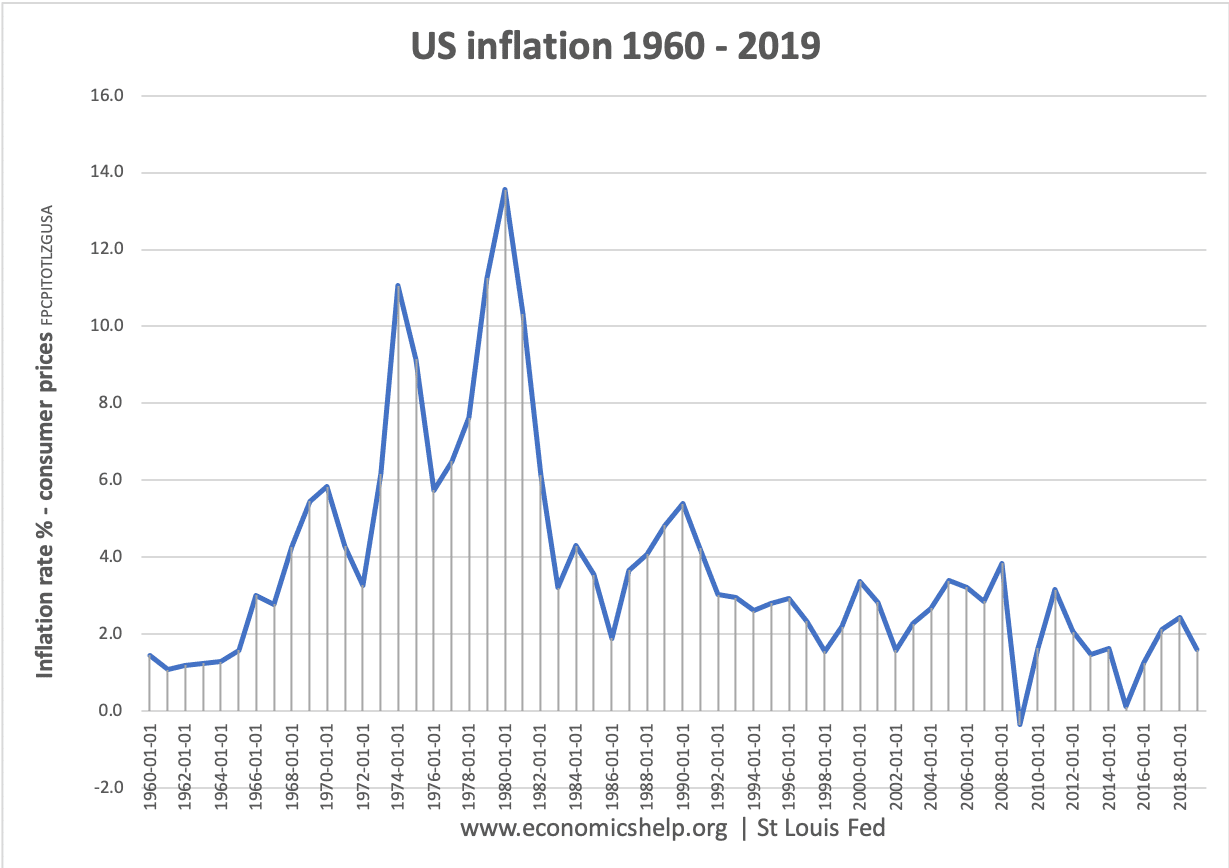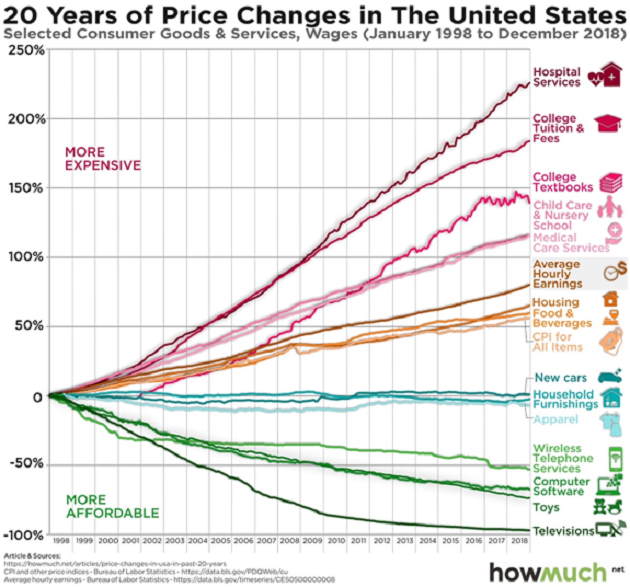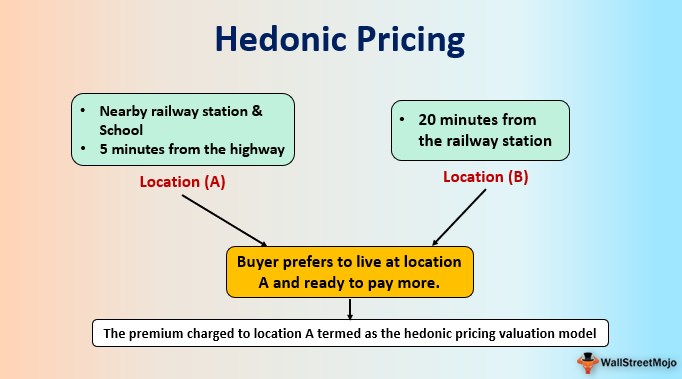

Positive affect, a primary component of hedonic wellbeing, has been shown to be associated with improved adjustment in cancer survivors, including greater physical functioning and lower depressive symptoms, anxiety, fatigue, and somatic symptoms. 5, 6 Thus, it is possible that eudaimonic wellbeing may be associated with unique facets of psychosocial adjustment in cancer survivors when controlling for its shared variance with hedonic wellbeing. 4 Eudaimonic and hedonic wellbeing also demonstrate construct specificity through their differential associations with psychosocial and biological variables when controlling for their shared variance.

2, 3 Eudaimonic and hedonic wellbeing are conceptually-distinct and have been shown to represent related, but separate facets of wellbeing in factor analyses. 1 Hedonic wellbeing, on the other hand, is defined as the presence of positively-valenced feelings that are pleasurable, such as satisfaction with life and positive affective states like happiness.

Afghanistan Albania Algeria American Samoa Andorra Angola Anguilla Antigua and Barbuda Argentina Armenia Aruba Australia Austria Azerbaijan Bahamas Bahrain Baltic States Bangladesh Barbados Belarus Belgium Belize Benin Bermuda Bhutan Bolivia Bosnia and Herzegovina Botswana Brazil British Indian Ocean Territory Brunei Darussalam Bulgaria Burkina Faso Burundi Cambodia Cameroon Canada Cape Verde Cayman Islands Central African Republic Chad Chile China, People’s Republic Chinese Taipei Colombia Comoros Congo Congo, the Democratic Republic of the Cook Islands Costa Rica Cote d'Ivoire Croatia Cuba Cyprus Czech Republic Denmark Djibouti Dominica Dominican Republic Ecuador Egypt El Salvador Equatorial Guinea Eritrea Estonia Eswatini Ethiopia Euro Area European Union Falkland Islands (Malvinas) Faroe Islands Fiji Finland France French Guiana French Polynesia Gabon Gambia Georgia Germany Ghana Gibraltar Greece Greenland Grenada Guam Guatemala Guernsey Guinea Guinea-Bissau Guyana Haiti Holy See (Vatican City State) Honduras Hong Kong, China Hungary Iceland India Indonesia Iran, Islamic Republic of Iraq Ireland Isle of Man Israel Italy Jamaica Japan Jersey Jordan Kazakhstan Kenya Kiribati Korea, Democratic People's Republic of Korea, Republic of Kosovo Kuwait Kyrgyzstan Lao People's Democratic Republic Latvia Lebanon Lesotho Liberia Libya Liechtenstein Lithuania Luxembourg Macau, China Madagascar Malawi Malaysia Maldives Mali Malta Marshall Islands Mauritania Mauritius Mayotte Mexico Micronesia, Federated States of Moldova, Republic of Monaco Mongolia Montenegro Montserrat Morocco Mozambique Myanmar Namibia Nauru Nepal Netherlands Netherlands Antilles New Caledonia New Zealand Nicaragua Niger Nigeria Niue Norfolk Island North Macedonia Northern Mariana Islands Norway Oman Pakistan Palau Palestinian Authority Panama Papua New Guinea Paraguay Peru Philippines Pitcairn Poland Portugal Puerto Rico Qatar Romania Russian Federation Rwanda Saint Helena Saint Kitts and Nevis Saint Lucia Saint Pierre and Miquelon Saint Vincent and the Grenadines Samoa San Marino Sao Tome and Principe Saudi Arabia Senegal Serbia Seychelles Sierra Leone Singapore Slovak Republic Slovenia Solomon Islands Somalia South Africa South Georgia and the South Sandwich Islands South Sudan Spain Sri Lanka Sudan Suriname Svalbard and Jan Mayen Sweden Switzerland Syrian Arab Republic Tajikistan Tanzania, United Republic of Thailand Timor-Leste Togo Tokelau Tonga Trinidad and Tobago Tunisia Turkmenistan Turks and Caicos Islands Tuvalu Türkiye Uganda Ukraine United Arab Emirates United Kingdom United States United States Minor Outlying Islands Uruguay Uzbekistan Vanuatu Venezuela Viet Nam Virgin Islands, British Virgin Islands, U.S.Eudaimonic wellbeing is defined as the experience of feelings that accompany personal fulfillment, such as meaning, purpose in life, and mastery.


 0 kommentar(er)
0 kommentar(er)
